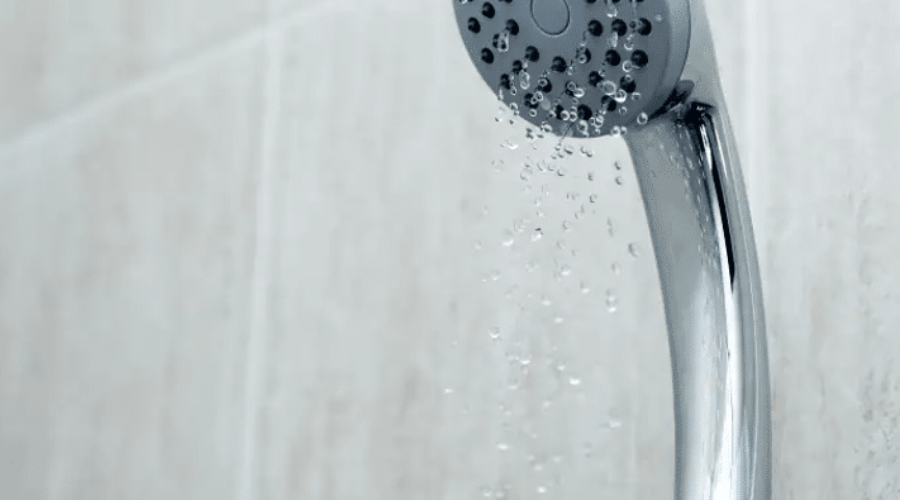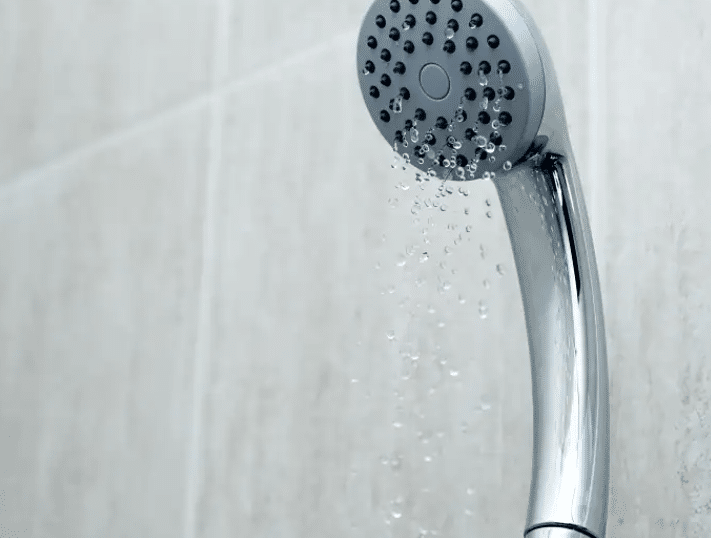
6 Common Causes Of Low Water Pressure In San Diego
Is there anything more aggravating than rinsing shampoo from your hair under a trickling showerhead or waiting an eternity for a bathtub or sink to fill up?
There isn’t a single plumbing item that delivers enough “oomph” to accomplish the job efficiently when low water pressure affects the entire house. Washing your dishes, clothes, and yourself will take longer. You can also neglect to wash your car or water your grass. Here are some typical causes of low water pressure to look out for to help you solve the problem.
Why Is Your Water Pressure Dropping?
The city is to blame – It’s possible that the issue isn’t related to your plumbing system. Municipal water lines, like home plumbing, are susceptible to blockages, corrosion, leaks, and other failures that reduce water pressure. If your pressure suddenly drops, call your utility company to discover if there have been any problems that could affect your neighborhood.
Your pipes have corroded – pipes aren’t indestructible. Leaks will arise as aged galvanized steel pipes deteriorate. Rust-colored water or water with visible metallic particles are both clear indicators that your plumbing is rusted. The indicators, on the other hand, aren’t often so evident. It’s worthwhile to get them inspected by a qualified plumber who understands what to look for. In the worst-case situation, you’ll have to replace the entire pipe. Your plumbing system will be upgraded to copper or flexible plastic piping by a competent plumber. It’s a costly project, but it will increase the value of your property, avoid future problems, and offer you peace of mind that your plumbing will last for decades.
Scale accumulation on plumbing fittings can reduce water flow to a trickle if you have hard water. White vinegar can be used to remove limescale from fixtures; however, this is only a temporary solution. If left unchecked, a buildup of magnesium and calcium will clog faucets and eventually cause blockages in the pipes, severely lowering water pressure.
Your Pressure Regulator Isn’t Working Properly – A pressure regulator may have been inserted at some stage. The flow of water via your plumbing system is controlled by this control valve. When it fails, either the water pressure is too high, posing a risk of pipe damage, or the water pressure drops dramatically. To see if it’s still working, do the following test: A water pressure gauge should be attached to the hose spigot nearest to the mainline. Your regulator may have failed if the gauge reads less than 52 pounds per square inch.
Your Water Heater Is Broken – If you only notice a loss in pressure when using hot water, it’s likely that your water heater is the source of the problem. Scale buildup cutting off the hot water supply line is the most likely cause.
Conclusion
Low water pressure can be caused by a variety of difficulties ranging from small to significant. Fortunately, 1st Response Leak Detection has the tools necessary to repair your plumbing and restore water flow.



